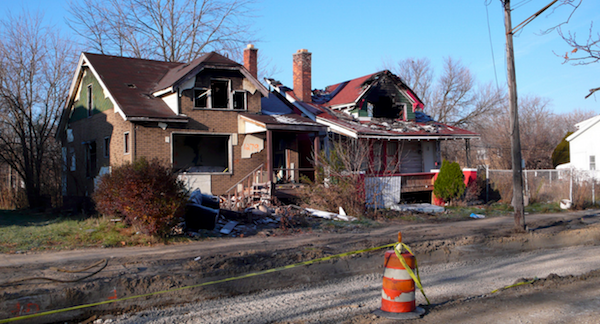Everyone in the housing business recognizes that Bill Pulte is the founder of PulteGroup, in Atlanta. But his grandson, also named Bill, is making waves in his own smaller way: he’s tearing down houses in Detroit via the nonprofit Detroit Blight Authority, making way for safer communities to be built. According to a short item in Town & Country magazine, more than 24 blocks have been cleared so far.
Young Pulte’s name was on a list of 50 people who “will restore your faith in humanity.” Good choice.
Another article, which appeared recently in The Wall Street Journal, analyzed five cities that are leading the way in urban innovation. Two American cities were included, Detroit and Houston. Detroit was cited for reducing red tape for neighborhood development, which seems to dovetail with what grandson Bill P. is doing. The city has developed a “pink zones” pilot program where red tape will be cut to help small developers and entrepreneurs open new businesses and revive aging commercial strips.
Pink zones are part of a larger effort, Lean Urbanism, that aims to reduce the regulatory tangle that can hinder new business. As I wrote in a previous blog, Andres Duany is a big proponent of Lean Urbanism.
The WSJ named Houston as a city that has the capacity to grow while maintaining housing affordability for middle-class families. Unlike New York, San Francisco, and other high-growth cities, Houston has expanded its housing stock to accommodate new residents. Of course, the fact that the city has no zoning makes it easier and faster to build, which is not necessarily a bad thing. Houston architect Tim Cisneros was quoted in the article as saying the lack of zoning “actually does give the developer and design communities the ability to do things unlike anywhere else.”
Detroit is a once-great Midwestern city that has the potential to be great again. Houston has long been a boom market for housing and likely will continue to be.
Photo: Flickr user Stan Wiechers (CC BY-SA 2.0)













